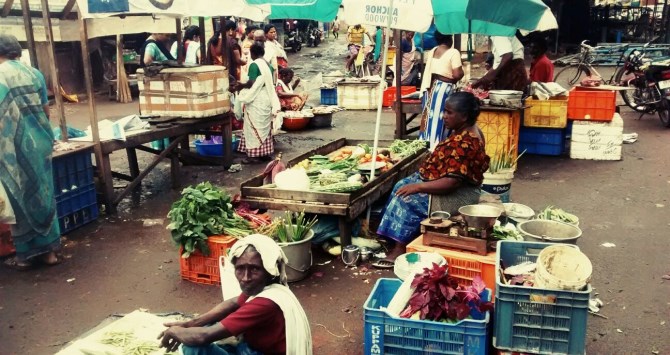Dr Tim Forsyth
Reader in Environment and Development, LSE

Where do ID graduates work after the LSE? Tom Berliner and Bart Roberston have chosen Myanmar. After years of political and economic isolation, Myanmar—previously called Burma—is opening to international investment.
Before Myanmar, they took very different paths. Tom, a Londoner, took a first degree in History. He knew he wanted to work in development, and went to India to teach in a village school. Ironically, he raised funds for this trip by working in Harrods, the expensive London department store, where he allocated cash rewards to customers who had spent more than £100,000 in a year. Tom is therefore bemused to say he financed his work with poorer people in India by handing out free money to the super-rich in London. After India, he worked with Muslim refugees for the United Nations in Malaysia. From here, he joined the LSE’s MSc. in Development Studies.
Bart, from Indiana, studied Business and Economics, and then did consultancy work on business in the townships around Cape Town. He studied the LSE MSc. in Development Management.
After graduating in 2011, they went in different directions. Bart used the LSE alumni newsletters to find a job in Mekong Economics, a development consultancy in Hanoi, Vietnam. His then went to Myanmar to set up a new office for the company. His favorite story was when he attended a meeting organized by the United Nations Development Programme with Aung San Suu Kyi—Burma’s Nobel Peace Prize winner. After ten minutes of powerpoint presentation, Suu Kyi suddenly asked the UNDP hosts to stop, and asked: “how do you define community development?” She then grilled the UNDP officials about development for the next 30 minutes with the powerpoint switched off.
Tom, after graduating, worked for World Jewish Relief concerning projects in Eastern Europe, and then for Save the Children in London. Fearing he wasn’t getting enough field experience, he decided to take a job in Hanoi—again with Mekong Economics. But after six months, his boss told him “All development professionals should be in Myanmar now.” Tom moved there in 2013.

Today, many development professionals are indeed working in Myanmar. Tom and Bart, however, know that foreign expertise needs to understand local practices. To help achieve this, recently they both attended an introductory Burmese language course.
They are engaged with various projects. One key theme is building a network of local implementing agencies that can work with external donors. These agencies are non-governmental, and community-based organizations. Another crucial development is the growth of civil society that can oppose some of the military government’s proposals, or work for a more inclusive form of economic change. One major problem is so-called “land grabbing,” which occurs when new investors or elites claim land that has been used for years by other people. Bart’s MSc. dissertation analyzed land reform in Brazil, and he has applied some lessons from this research.
Tom’s work also deals with changing land rights and the implications for development of commercialization and investment. Myanmar is a diverse country, with more than 130 ethnic groups, and a history of war—often between ethnic groups and the government. War and displaced people continue to be problems in the states of Kachin and Rakhine. Conflict has also occurred simultaneously with illegal logging, mining of jade and precious gemstones, and opium production.
Despite these challenges, there are signs of progress. General elections are to be held in 2015. Tom and Bart would like to be in Myanmar to see the effects of these elections, and to witness Myanmar’s rapid changes.




